As part of her research on permacomputing & postmarketOS, Chaline Bang is coming to servus.at for a short term residency.
forschen & experimentieren
2025
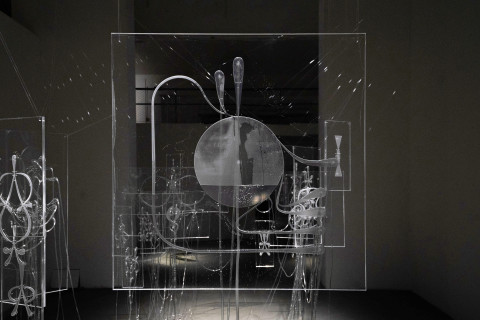
The Research Lab 2025 kicks off this month with an exploration of fluidic systems, a research initiated and developed by artist Ioana Vreme Moser, and accompanied by curator Diane Pricop
2024
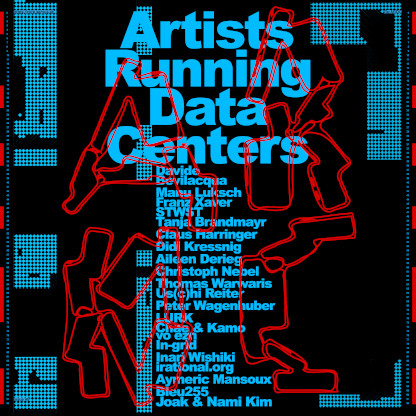
Dear community and friends!
We are very excited to announce the launch of our new publication "Artists Running Data Centers", part of our ongoing larger project Re: ARDC (Rethinking Artist Run Data Center). This special publication is a collection of stories, anecdotes and a bit of servus.at history, compiled after a series of interviews with people in our community. If you want to learn more about autonomous infrastructures, self-hosting and a series of experimental instance projects that have been realised over the years within our server cluster, then come and celebrate with us on Tuesday, 17th December at 19:00 in the Clubraum and of course grab a copy!
2023

You’re all caught up: camouflage and exposure in the age of platform capitalism
The transmedia artist S()fia Braga took part in the AMRO Research Lab 2023 organised by the net culture association servus.at.
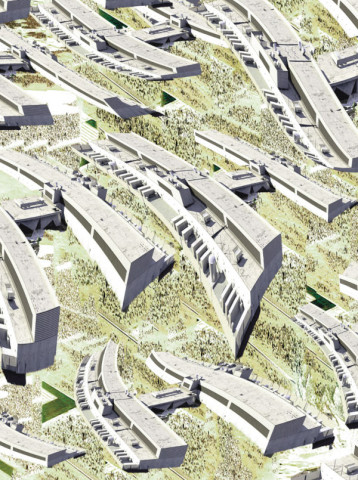
Free radicals are part of the body's intricate system for keeping itself healthy. They are unstable software experiments that can damage current technologies. When free radicals collide with established technological ideologies to 'steal' an electron, the devices that lose electrons may begin to function differently.

As part of the AMRO Art Meets Radical Openness Research Lab 2023, servus hosts the NL based artist vo ezn in virtual residency.
The AMRO Research Lab consists of a series of activities of artistic research happening between the various edition of the AMRO Festival.
We re-activate the format of the artist run data center (ardc), in which projects were developed in a series of virtual machines hosted in the servus.at datacenter.
vo ezn just started their residency, further info will be made public on this page and in the various AMRO pages.
2022
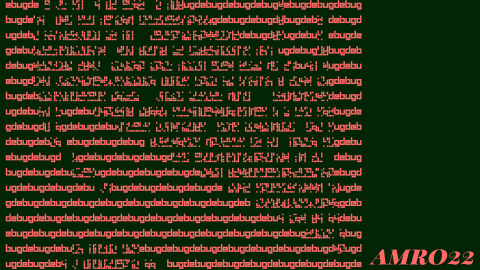
AMRO22 DEBUG
Event: Wed. 15.06.- Sat. 18.06.2022
Art Meets Radical Openness
Festival dedicated to Art, Hacktivism and Open Culture
AMRO is a biennial community festival in Linz that explores and discusses new challenges between digital culture, art, everyday life, education, politics and activism. As a gathering of communities with interests across arts and cultures, networked technologies and political action, AMRO offers space for sharing knowledge and practices, focusing on the potential of debugging both inside and outside of the purely technical realm. The four-day event include a discursive program with keynotes, panels and lectures, workshops and showcases, and a nightline.
locations: afo – architekturforum oberösterreich, STWST, DH5, dev.lol, Raumschiff, bb15, & the Internet.
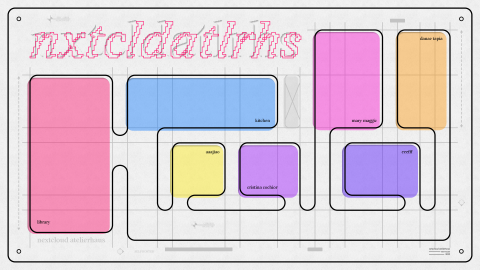
With the last UPDATE of our next cloud instance we transformed the "Next Cloud Residency" folder into something wider: an ENTIRE ATELIERHAUS.
2021
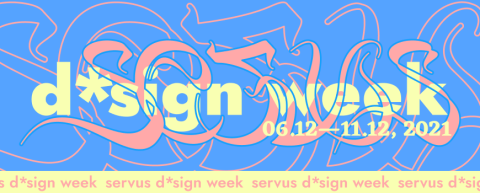
The Servus D*sign Week is a series of conversations about design and its critical implications. From the point of view of an initiative dealing with open source tools and internet technologies, we see how “design” can dangerously fall close to a corner smelling like capitalism, while is still part of our daily work and decision making. This week we invite designers and practitioners in the field to share their ideas on alternative practices and approaches to design, through radio conversations and hands-on workshops.
Servus D*sign Week is broadcasted on Radio FRO https://fro.at
Participants: Christoph Haag, Libre Graphics Club, Mara Karagianni, Ruben Pater, Potato Publishing, Varia, in conversation with Davide Bevilacqua and Gabriela Gordillo.
You can hear the conversations on the Cultural Broadcasting Archive
Hyperaccumulators are plants that grow on soils with a high heavy metal content and are able to store minerals such as copper, nickel, zinc or cadmium in their biomass. They have found an evolutionary niche in volcanic soil, industrial heaps or former mining and open-cast mining areas, in which they do not simply ignore or bypass the problematic substances, but instead absorb a large proportion of them. The stored heavy metals can be extracted and reused, which turns the plants into biological ore mines and soils can be rehabilitated over the years.
